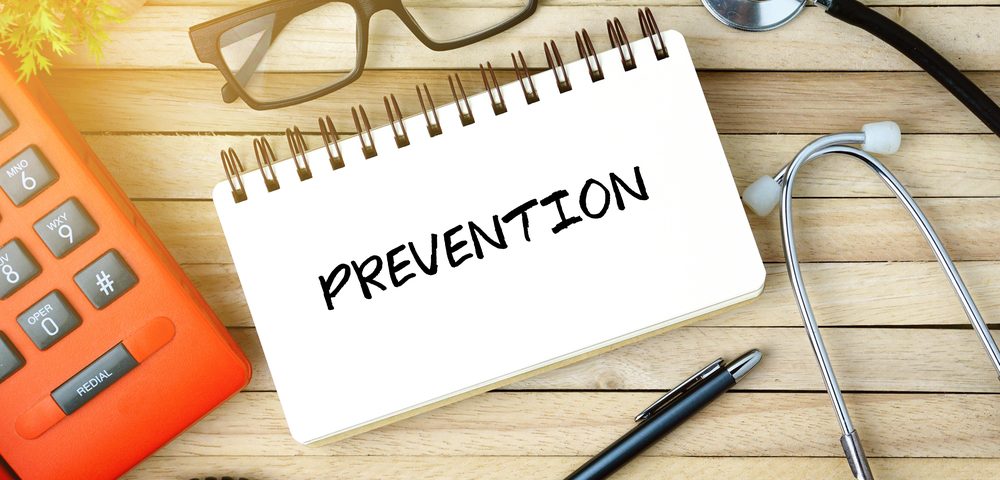Most cervical cancer diagnoses are associated with the human papillomavirus (HPV) infection, a common sexually transmitted disease present in up to 93 percent of all cervical cancer cases. But the presence of HPV is not the single cause of cervical cancer, and there are other contributing risk factors, like pregnancy, smoking, weakened immune systems, or poor nutrition.
According to Summer Dewdney, MD, a gynecologic oncologist from Rush University Medical Center in Chicago, HPV is a common virus infection, with nearly 80 percent of sexually active individuals being exposed to it at some point in their lifetime.
Most people with HPV infections show no symptoms, and people’s immune systems usually clear up an HPV infection naturally within two years. However, some strains of HPV are deemed high-risk because they induce cellular changes in a woman’s cervix, potentially leading to cancer.
Here are five tips you can take to reduce your risk of developing cervical cancer, as Dewdney points out in an opinion piece:
- Get routine Pap smear tests.
Women are advised to get tested once every three years, minimum, once they turn 21. Once women turn 30, they should get a Pap test every five years, as long as they are accompanied by HPV testing and results are negative.
- Follow up on Pap test results.
If your doctor detects an infection, you’ll likely receive treatment and repeat the exam later. If results show anything suggesting more than an infection, your doctor should continue testing until you have a diagnosis. It is critical that you follow up on every step of the way and cooperate with your doctor.
- There are vaccines. Use them.
Cervarix and Gardasil are two vaccines currently available on the market that can protect you against the HPV strains that are involved in most cervical cancers. The vaccine can be administered in three shots over six months.
- Always practice safe sex.
Condoms are advised at all times, as unprotected intercourse increases your risk of contracting sexually transmitted diseases. But keep in mind that HPV can infect areas that are not covered by a condom, so condoms are not fully protective against HPV. This is why it is important to get vaccinated.
- Quit smoking.
Smoking might double your risk of cervical cancer, as tobacco byproducts damage the DNA of cervix cells. Smoking is never good. If you would like to quit and want to ask for help, the American Cancer Society has created a “Guide to Quitting Smoking” that can help and inspire you to quit.

